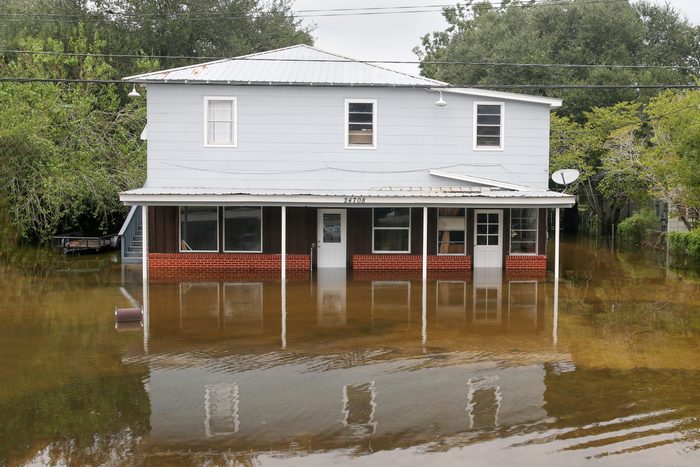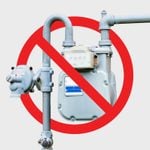How Homeowners Can Combat Climate Risks

Whether it's extreme heat or cold, flooding or something else, homeowners across the U.S. are taking steps to protect their home from these risks.
More than half of U.S. homeowners have updated their homes to combat climate risks, according to a Redfin report. The web site surveyed approximately 1,000 U.S. homeowners in August, with 58% reporting they “invested in making their homes more resilient to climate threats.” One-third of responders said they spent $5,000 or more.
On This Page
Homeowners’ Biggest Climate Concerns
Combating extreme heat received the most responses at 26%. The top five:
- 26% — Extreme heat;
- 22% — Extreme cold;
- 16% — Flooding;
- 14% — Hurricane or other major tropical storm;
- 13% — Poor air quality.
You can see the complete list here. Homeowners could give multiple answers so the percentages don’t add up to 100.
Extreme heat topping the list should not come as a surprise. According to the U.S. National Oceanic and Atmospheric Administration, 2022 was the third-warmest summer in the lower 48 states in recorded history. That comes two years after 2020 set the record for warmest summer.
Of the record 31 named storms during the 2020 Atlantic hurricane season, 14 developed into hurricanes. Though the 2022 season has seen only 14 named storms, Florida and other Eastern states are still reeling from Hurricane Ian, which made landfall on Sept. 28 as a powerful Category 4. It was the deadliest hurricane in Florida since 1935, according to Accuweather.
Regions Hurt the Most by Climate Risks
Approximately 71% of Florida homeowners spent money to counteract climate risks, the highest response rate of any state, according to Redfin.
Many Floridians have been blindsided by their insurance providers canceling coverage without warning. That led to home sale cancellation rates spiking during the summer. On June 29, FedNat Insurance Co. canceled 68,200 homeowners policies in Florida alone after years of hurricanes battering the Sunshine State, according to E&E News.
How to Protect Your Home
The right steps to protect your home will vary based on the climate risks for your region:
- If your home is one of 4.5 million in the U.S. at risk of wildfires, consider taking these steps.
- If you live on the Gulf Coast, installing solar panels or purchasing a backup generator will keep the lights on if you lose power from a hurricane or major storm.
- If your home is in a flood zone, purchase flood insurance to mitigate the risk on your home.


